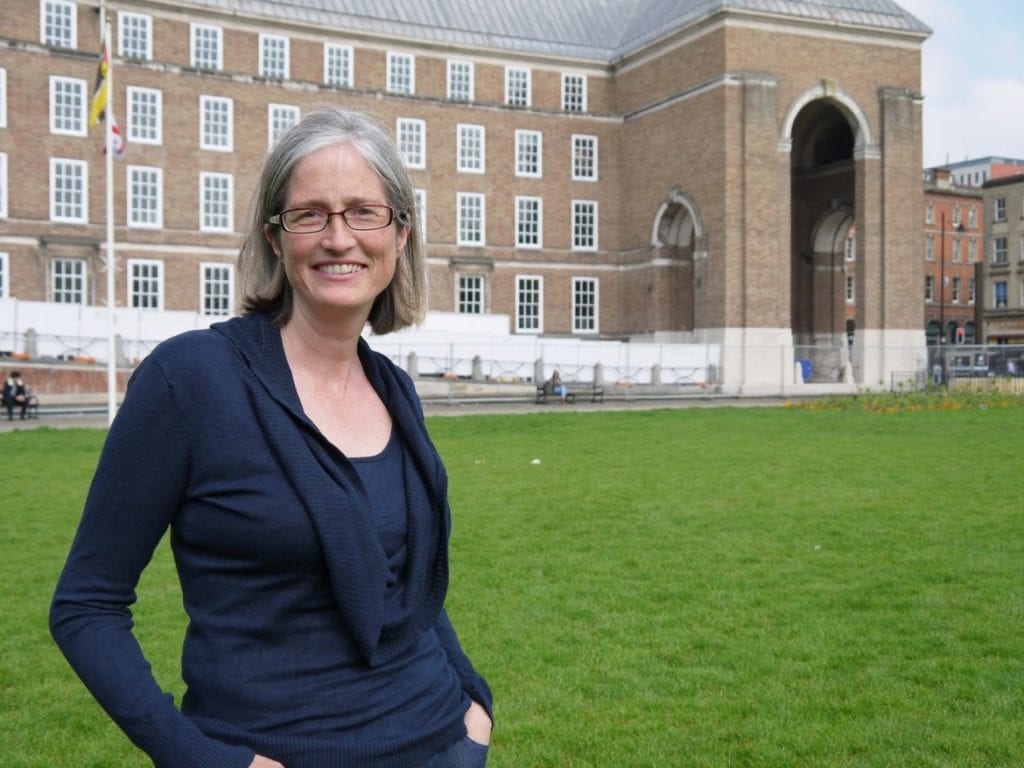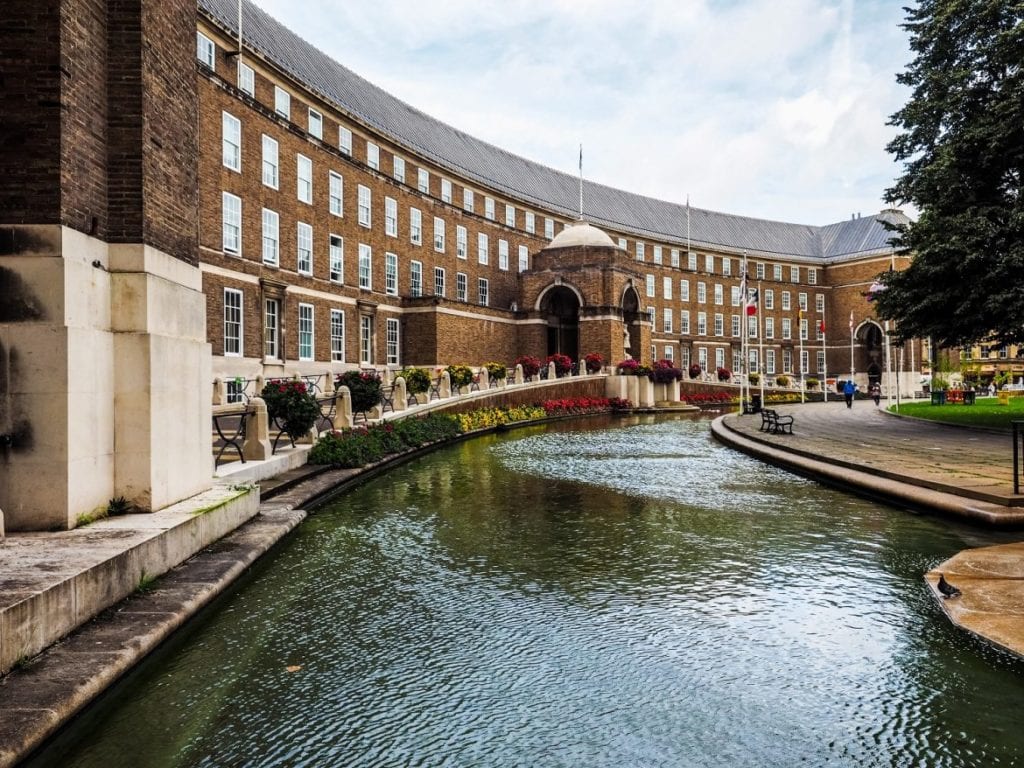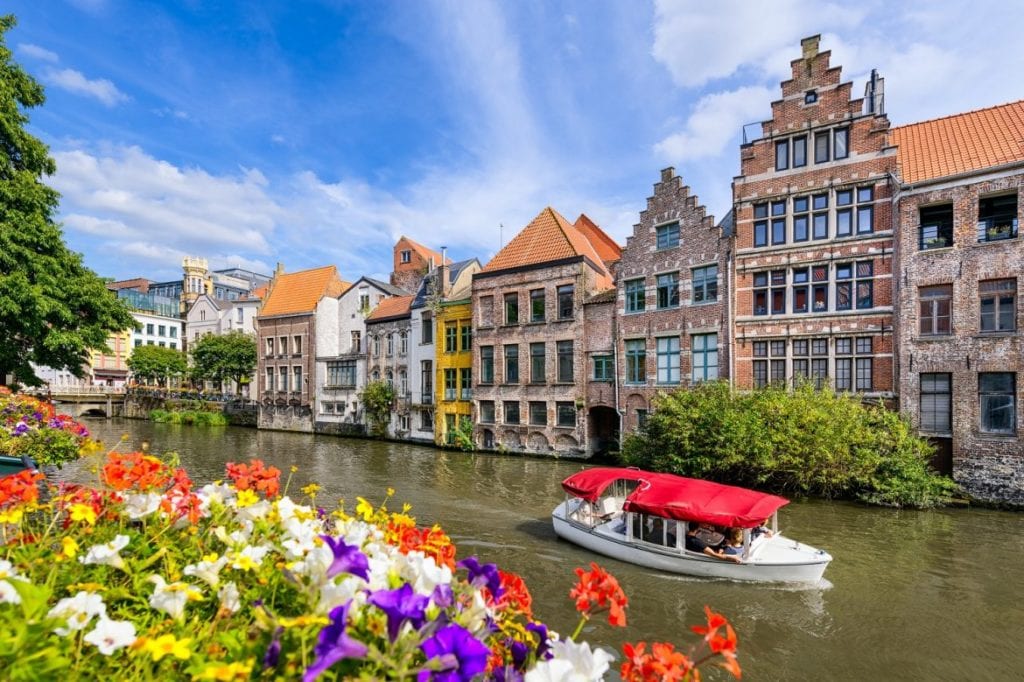Is a tourist tax as bad as it seems?
For the past decade cities around the UK such as London, Bath, Oxford and York have been wrestling with the idea of introducing a tourism tax levied upon hoteliers. LEWIS CATCHPOLE explores whether a tourist tax would be as bad as it seems

“We are not even in the top five most visited cities in the UK. If we are already competing with Liverpool, Bath, Birmingham, Manchester, Edinburgh, Glasgow and Cardiff and we are the first to go with a tourism tax it will be utter madness.” Such is the exasperated tone of Mark Payne, the former head of the Bristol Hoteliers Association.
Bristol is just the latest city contemplating introducing a tourism tax that would see a small levy on the cost of hotel room nights. Already a popular concept introduced in European cities such as Paris, Barcelona and Rome, any move to see it introduced into the UK has so far been met with heavy criticism.
“I think it comes down to a macro level. Our VAT level is already the highest tourism VAT rate in Europe and second highest in the world at 20%. You have places like Belgium, Germany that have 6-7%, Ireland with 9%, France, Italy and Spain are all 10%, and the UK is trying to compete with that. We also have the highest air passenger duty in the world and also the highest rate of fuel duty in the world so it makes it difficult for us to get business as a starting point,” explains Payne.
Why now?
Eleanor Combley, head councillor for Bristol’s Green Party, who proposed the idea, says her council is exploring the idea due to government cuts. “Funding to local councils is being cut and cut every year to the point where in three or four years time there will not be any money for any discretionary spending, because the adult social care and the children social care budgets will be larger than the total amount we get from central government. In that context we need to look at innovative and different ways of securing funding for local government services so the tourist tax was one proposal we put forward as a possibility that was worth investigating.”

Combley’s proposal is that a tax of around £1 per person per night – just over 0.5% of the total tourism spend in Bristol – would raise an additional £12m for the local council annually. “This could pay for additional community policing which is being cut by the labour administration in Bristol. It could also pay for additional street cleaning which is being reduced, or it could pay to support the city’s cultural offering.
“Our feeling was that a pound per person per night would have a small negative impact on the local hotel industry. But the positive impact of having those museums and galleries open and having streets that are clean and inviting – having all those functional services and infrastructure around the city will have a much bigger beneficial impact on tourism in the city.”
Detrimental impact?
Combley believes that such a little change in price with have little to no effect on whether people will choose to visit Bristol. “I think that people do make decisions about where they go on price but I would say that those price differences very rarely come down to £1 more or less so I don’t know how big an impact it would have on people choosing or not choosing to visit Bristol.” She points to graffiti removal and improved policing as reasons for hoteliers to be in favour of a tourism tax: “All those things that make the city feel like an inviting place to be have a much bigger impact on the hotel industry [than the tax].”
Former association head Payne, however, believes it is not just the increase in price that will have an effect but the fact that Bristol could be the first city to succumb to a tax in the UK. “Being first will be detrimental,” he asserts.
“The council here in Bristol keep talking about cities like Amsterdam, New York, Paris that all have this tax but these are all huge cities with huge infrastructure – Bristol is just not in that ballpark at the moment. If London took the leap and it was sustainable I think we’d still need to see how it would work in some other larger cities before Bristol could even consider being put forward for this. The fact that we are talking about it now goes to show maybe how far away the council is from reality.”
Unsurprisingly Combley sees this as an overreaction: “I think that they are very different destinations, I think if you want to go to Bath or if you want to go to the seaside then you will have a trip to the seaside, if you want to be in a vibrant city then you will go to Bristol. Bristol has unique attractions, I completely agree that it should be done strategically and across a wide area if possible but I don’t think that £1 difference in price makes North Devon into Bristol. If what people are looking for is a city break then they would still want to come here.”
How could the money be used?
The biggest argument for the tax Combley explains is that if it were to be implemented the money would go into services that benefit tourists and encourage tourists to come to the city. “This would include things like street cleaning and policing but it would also include promoting the cultural offering of the city such as museums and galleries and other attractions here in Bristol.”
“Some of those do have funding from the city council and so rather than risk those attractions being cut it would certainly be sensible to use money from the tourism tax to promote and encourage tourism. We could also offer a differential rate which would see some of the small local businesses such as a family run hotel to pay less. Inevitably their margins are tighter than some of the big chains as they don’t have those economies of scale. It might be that we would look at a different rate according to the size of the business because where you have a small local business the whole of the economic benefit stays in the local area. Those are the kind of businesses that we do not want to discourage from running in Bristol.”

As bad as it sounds?
“We looked into the rates that are in place in other cities and it is so ubiquitous in continental Europe it is almost hard to get data on the effect. I do know that there are different tax environments in each country so is not a like-for-like comparison but as far as any tourism tax is concerned it is so normal in France and Germany that is it hard identify a place where it has been a problem,” says Combley.
There are success stories. The Belgian city of Ghent introduced its tourism tax on similar lines in 2009 . Like Bristol, Ghent is far from the number-one travel destination in Belgium, trailing behind both Antwerp and Brussels according to the VisitFlanders tourism report for 2017, yet has seen little to no impact of a bed tax imposed across the city.
Up until 2009 Ghent already had a tourism tax that was placed solely onto the hotels themselves. Ghent Hoteliers Association Kurt Neyrynck calls the calculation “very complicated” to figure out how much the tax was when first introduced – it was devised using a combination of occupancy rates and the hotel’s corresponding star-rating and location. However, the the tax was then altered to a bed tax of three euros per person per night in 2017.
Neyrynck elucidates: “At first the new form of tax was not very well received because the hoteliers thought that they would have to pay it themselves. So we contacted the organisation that was in charge of implementing the tax to voice our concerns. Eventually we came to the agreement of having it passed onto the guest – we simply add the three euros per night onto the price of the room to the consumer. To acknowledge this we have a sign supplied by the city council that explains the tourism tax to our guests for us. It is well introduced as there is no direct cost to hoteliers and after a couple of months of it being implemented guests understood the reasons for the tax and simply accepted it.”
Erwin Van de Wiele, director of VisitGhent, agrees. “In general,” de Wiele says, “very soon after the launch of the tax everybody seemed to be quite at ease with the system and preferred it to what we had before. I would go so far to say that now they don’t care as they have good occupancy levels at good prices so it is not an issue for them.

“We have been growing constantly every year and the occupation rate in Ghent is really high, so I don’t think there has been as most people don’t care for three euros extra – they won’t skip visiting Ghent for that reason I am pretty sure, I think this is quite marginal.”
Since the introduction of the tax, according to VisitGhent the revenue generated for Ghent’s local council has increased steadily year-on-year from €1.3m to €2.8m euros in 2016 (the last year of available data). “The figure will reach around €3m this year from about 3,000 rooms and we are anticipating growth of around 600 new rooms next year. So from 3,000 to 3,600 to next year if my calculations are correct means it should be around €4.4m in 2019, 10 years after it was introduced.
“The money goes to the city treasury, and there is no deal where the money comes back directly to the hotel industry but the city council uses to make it cleaner, more beautiful and more attractive for the benefit of the city as a whole.”
Contradictory to opinion in the UK, the introduction of the city tax has not seen the number of people visiting Ghent drop, in fact according to Van de Wiele it is the complete opposite. “We have a hotel study comparing five Flemish cities every year – Brugge, Antwerp, Maaseik and Leuven and the last 10 years Ghent’s prices have been the highest, its occupancy rates have been the highest, and RevPAR is the highest. Not with 2-3% difference: it is 10-12% difference. So you don’t have to be an economist to see that business is booming.”
He even goes as far to say the city and the tourism industry has openly benefitted from the tax. “It certainly is an extra budget of €3m, what I know is that there has been a lot of investment in renovation of the city centre, as Ghent was a really industrial city until the 1980s and has a medieval feel. At the time it was dirty, the buildings were black and so it has risen out of its ashes so to speak. Through that investment into the city it has become more appealing to tourists and the £3m has been used, tourism has benefited more on average than many other sectors.”
While not as openly positive as the tourism director, Neyrynck doesn’t believe the tax has been detrimental. “In the city of Ghent we have a good mix of guests and on average we have an 80% occupancy so the tax has not really influenced the number of people staying either way. We would prefer that money to be used to fund tourism directly not just cleaning streets and drainage. The ideal situation would be for it to be reintroduced purely for tourism. I think here in Ghent we have a good relationship with the city, if they use the money to improve the city then it helps but not as directly as it would if they were using it to promote the city to potential tourists.”









